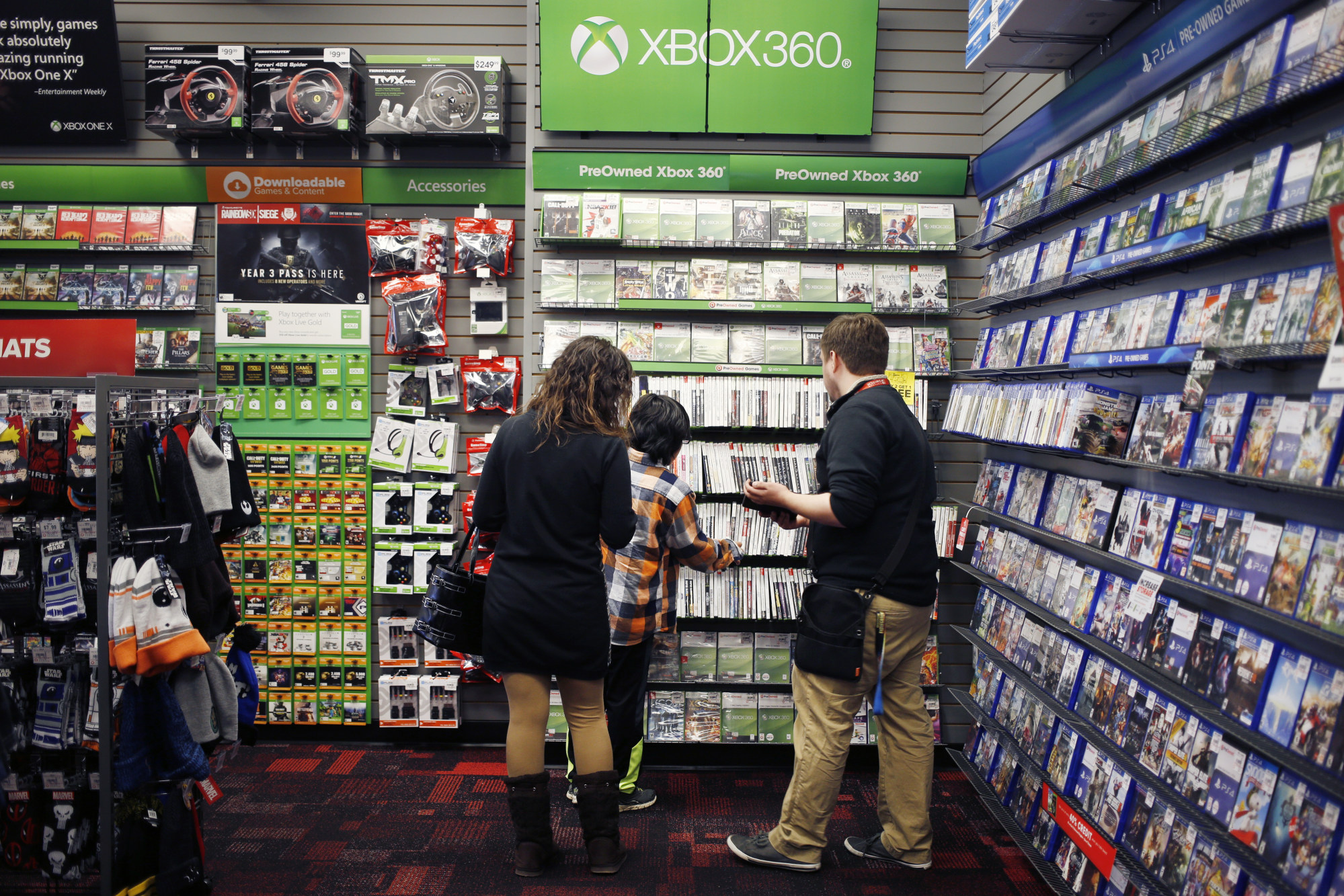GameStop Faces Backlash Over Xbox 360 Store Closure and Social Media Blunder
GameStop, once a beloved haven for gamers, has found itself in the crosshairs of public opinion following a series of unfortunate events. The recent closure of the Xbox 360 digital store has sent players scrambling for physical copies of their favorite games, and GameStop, as a primary retailer of physical media, should have been poised to capitalize on this opportunity. However, a combination of poor inventory management and a tone-deaf social media post has ignited a firestorm of criticism.

The Perfect Storm: Xbox 360 Store Closure and GameStop’s Opportunity
Microsoft’s decision to shutter the Xbox 360 digital store was a strategic move to focus resources on newer platforms. While this decision undoubtedly disappointed many loyal Xbox 360 fans, it also presented a golden opportunity for physical game retailers like GameStop to step into the breach. With millions of gamers suddenly in need of physical copies, GameStop could have positioned itself as the go-to destination for pre-owned and new Xbox 360 games.
Unfortunately, GameStop appears to have missed this opportunity. Instead of capitalizing on the situation, the company’s social media team made a significant misstep that further alienated its customer base.
A Social Media Disaster
In a now-infamous tweet, a GameStop social media manager responded to the Xbox 360 store closure with a snarky comment suggesting that gamers should have purchased physical copies in the first place. This tone-deaf remark sparked outrage among gamers, who accused the company of being out of touch with its customer base.
The backlash was swift and severe. Many gamers took to social media to express their disappointment with GameStop, highlighting the retailer’s dwindling selection of physical games and its increasing focus on merchandise and collectibles. Some former employees even chimed in, sharing their experiences of working for the company and painting a picture of a corporate culture that prioritizes profits over customer satisfaction.
The Decline of Physical Games and GameStop’s Identity Crisis
The controversy surrounding GameStop’s social media post is symptomatic of a larger issue facing the company: the declining popularity of physical games. As digital distribution platforms like Steam and the PlayStation Store continue to gain traction, physical game sales have been steadily declining. This trend has forced GameStop to adapt its business model, leading to a shift in focus towards merchandise, collectibles, and gaming accessories.
While this diversification strategy may have helped to keep the company afloat, it has also alienated many core gamers who are primarily interested in purchasing physical games. By prioritizing merchandise over games, GameStop has risked alienating its most loyal customer base.




